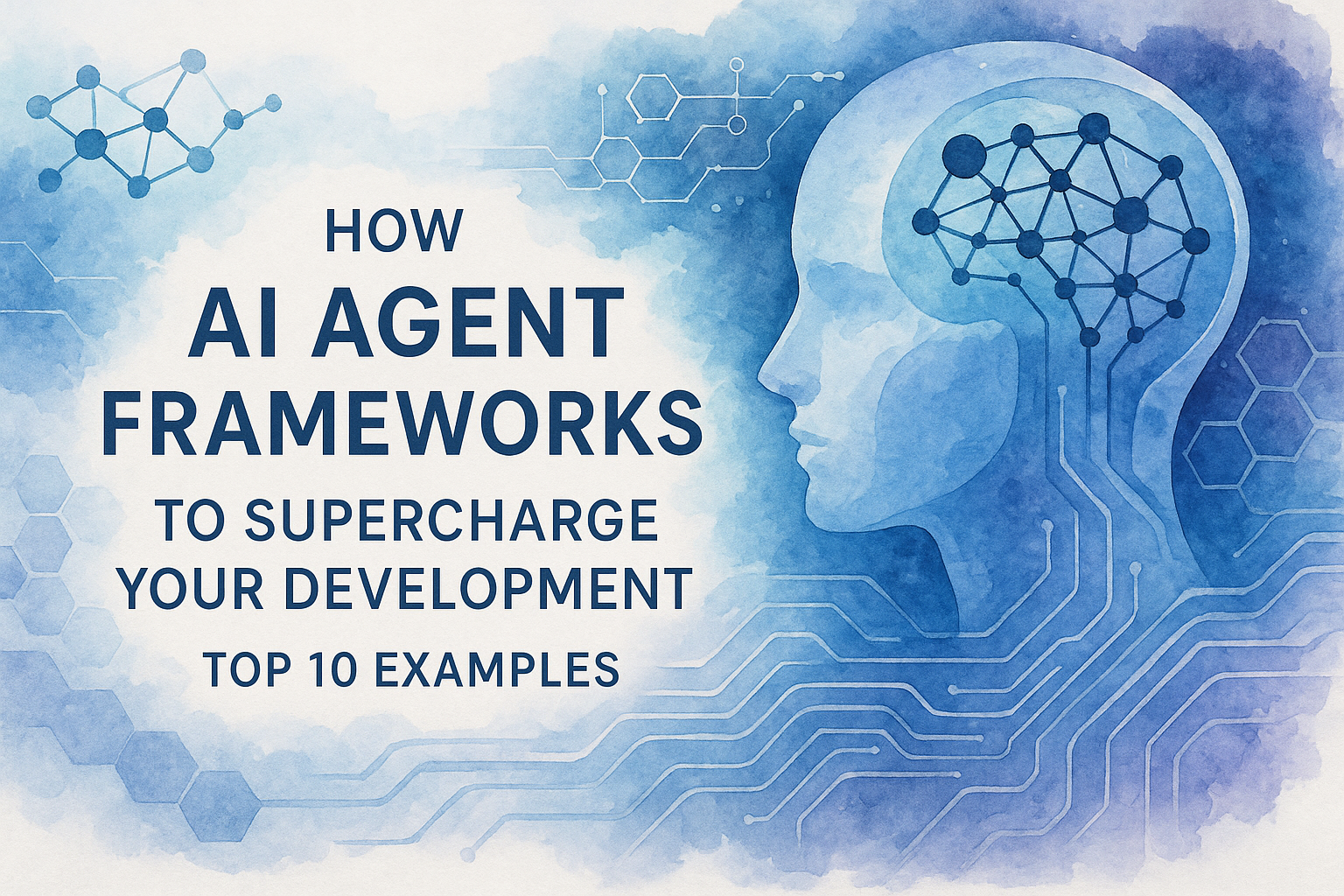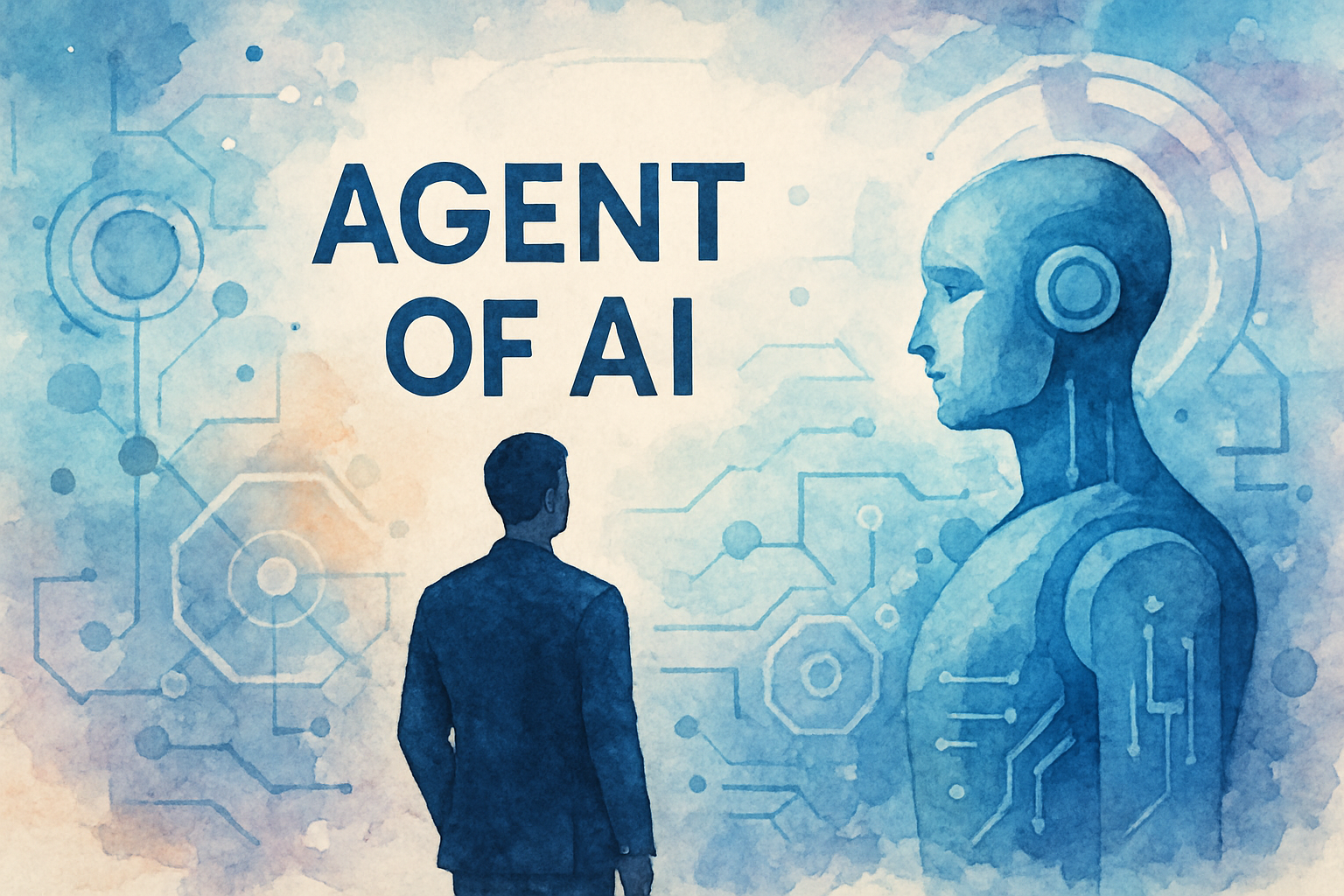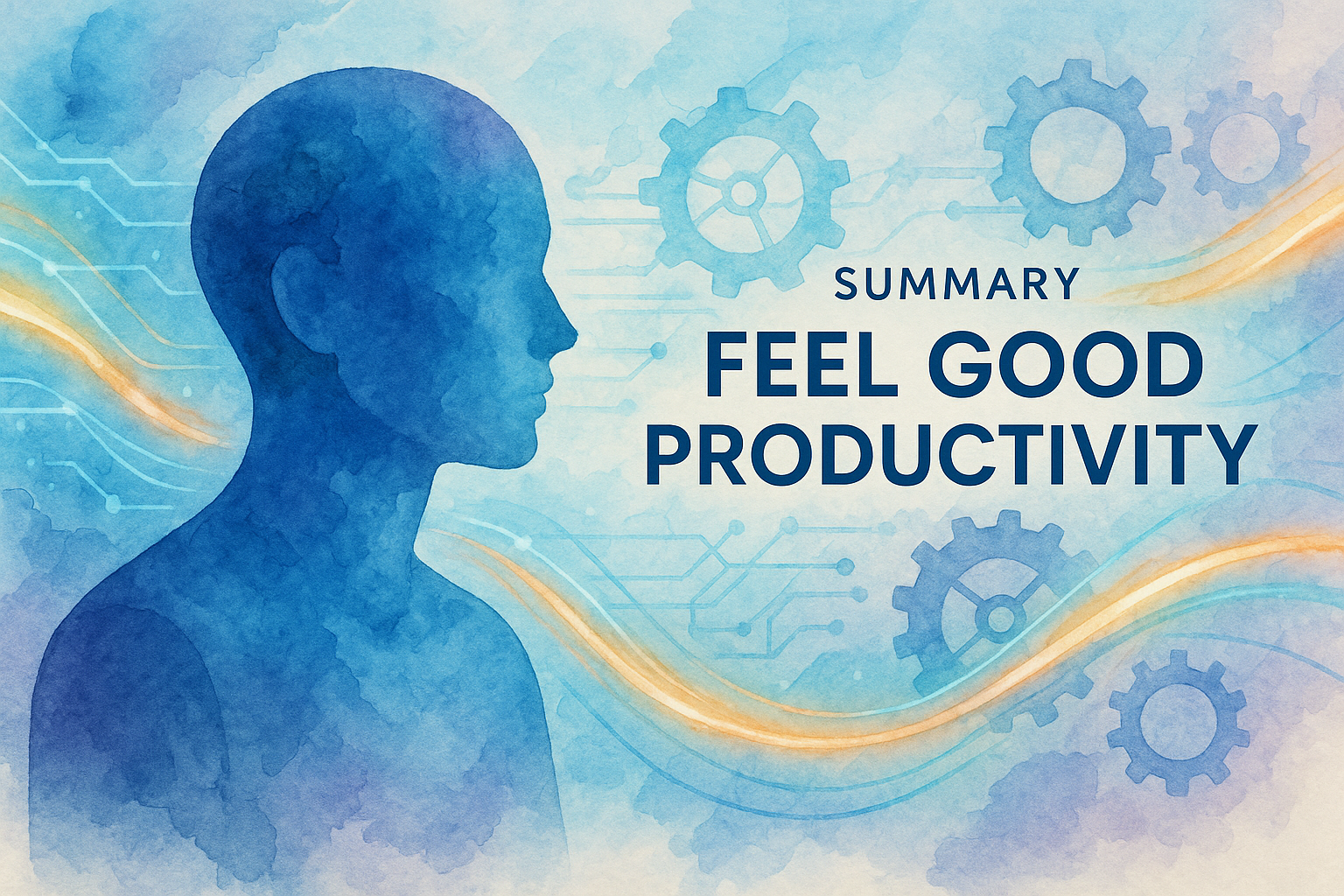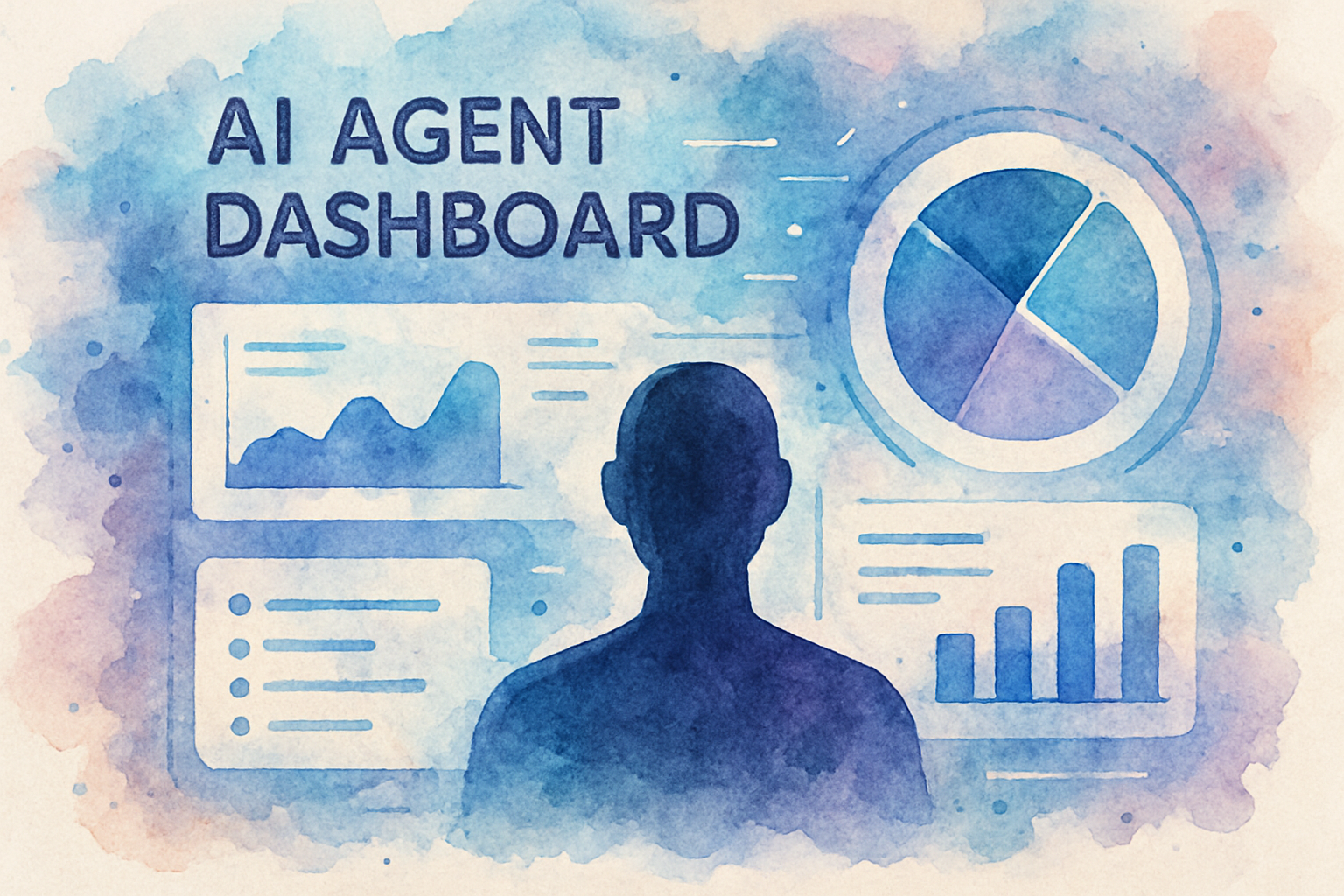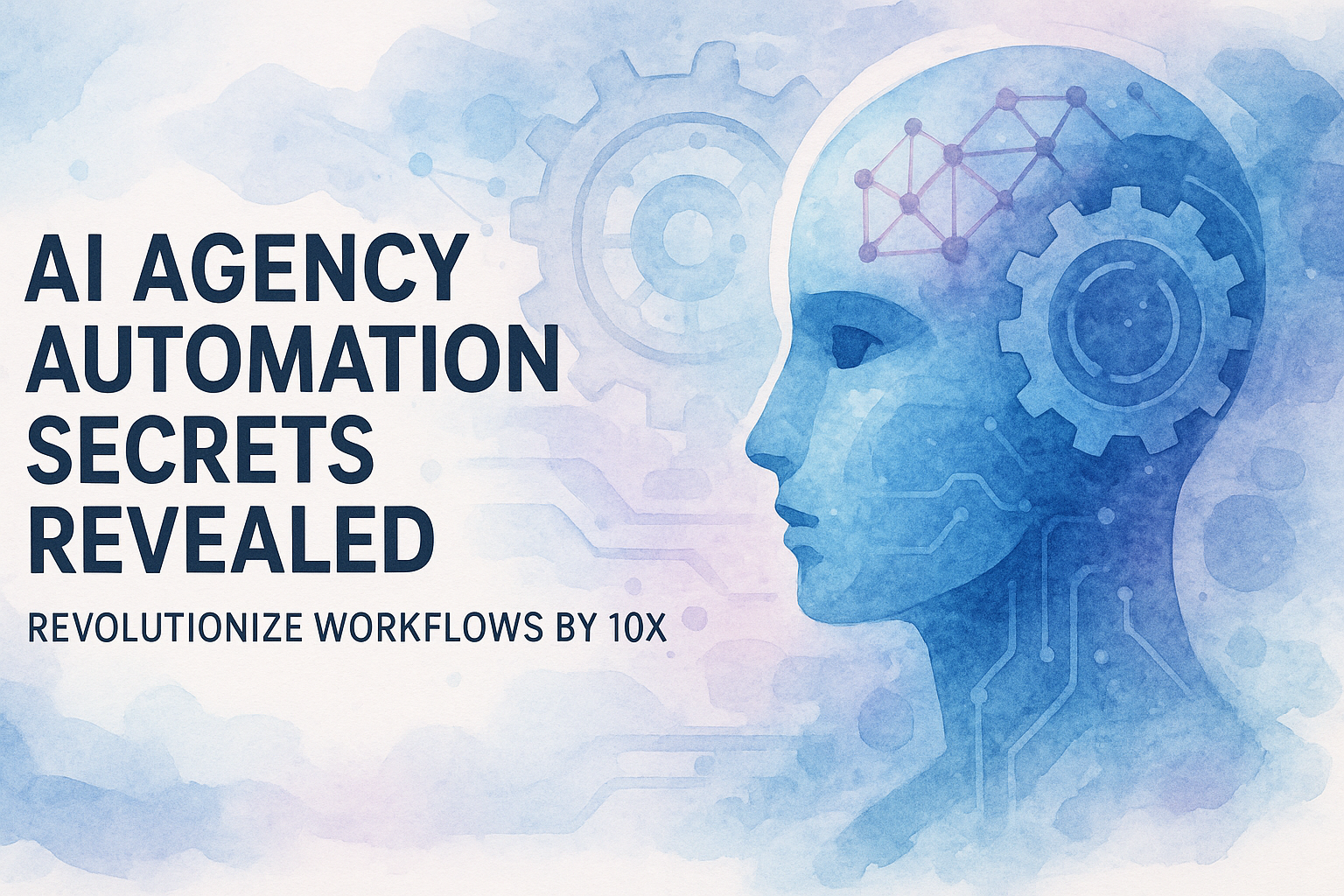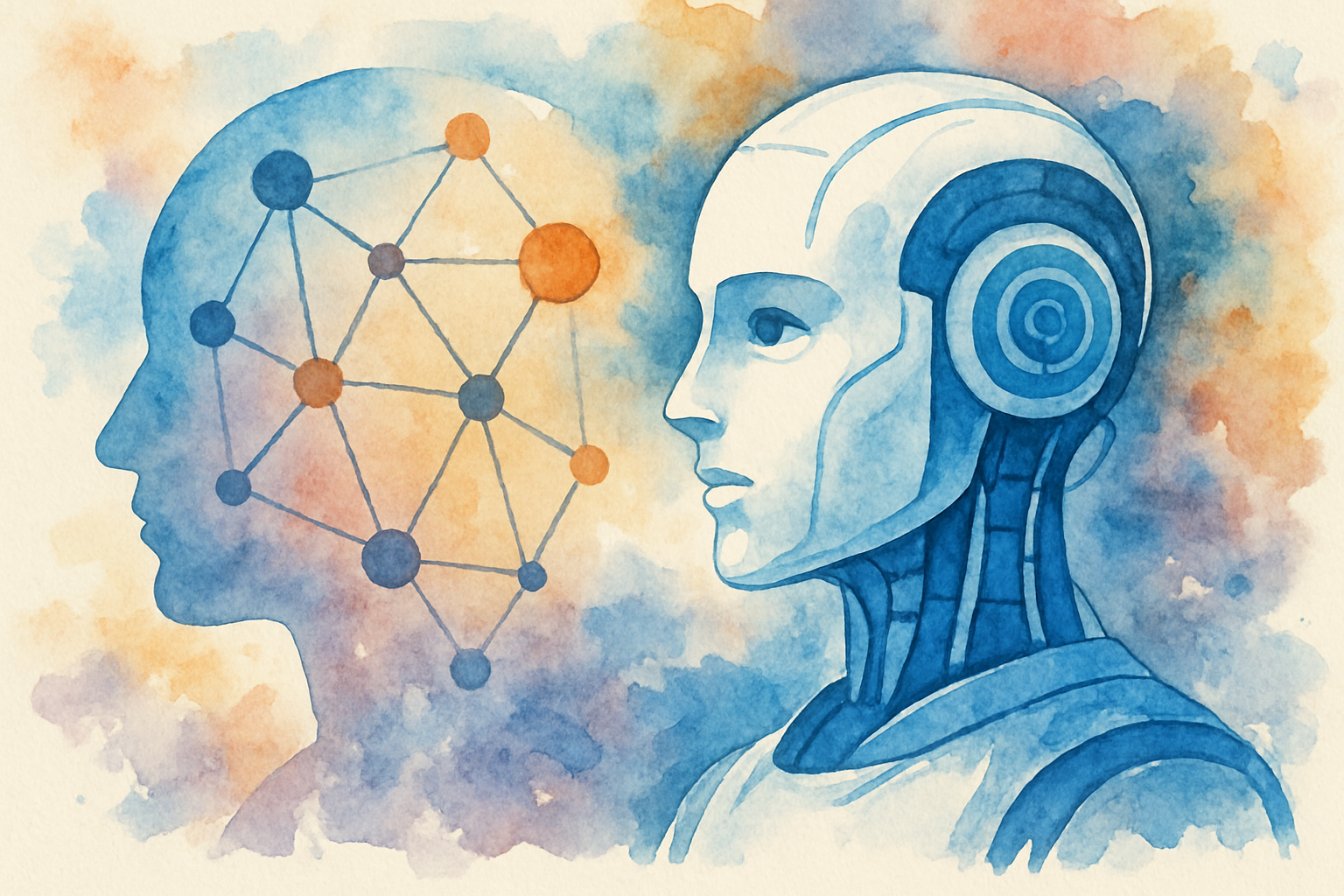Revolutionize Your Business with AI Agent Marketplace
AI agent marketplace is transforming today’s rapidly evolving business landscape as the game-changing solution companies need to stay ahead of the competition. This cutting-edge technology is revolutionizing the way businesses operate and innovate. But what exactly is an AI agent marketplace, and how can it benefit your business?
This comprehensive guide will explore the transformative power of AI agent marketplaces and their potential to streamline operations, boost productivity, and drive innovation. We’ll dive into the benefits, implementation strategies, and ways to overcome common challenges. By the end of this article, you’ll have a clear understanding of how an AI agent marketplace can propel your business into the future of intelligent automation.
Understanding AI Agent Marketplaces
What is an AI Agent Marketplace?
An AI agent marketplace is a platform that brings together a diverse array of artificial intelligence agents, each designed to perform specific tasks or solve particular problems. These marketplaces serve as centralized hubs where businesses can access, deploy, and integrate various AI agents into their existing workflows and systems.
Think of it as a digital ecosystem where developers, businesses, and AI agents converge. It’s a platform where you can discover pre-trained AI models, tailor them to your specific needs, and seamlessly integrate them into your business processes.
The Rise of AI Agent Marketplaces
The concept of AI agent marketplaces has gained significant traction in recent years, driven by advancements in machine learning, natural language processing, and cloud computing.
According to a report by Grand View Research, the global artificial intelligence market size was valued at $279.22 billion in 2024 and is projected to reach $1,811.75 billion by 2030, growing at a CAGR of 35.9% from 2025 to 2030. This explosive growth is fueling the demand for accessible and versatile AI solutions, making AI agent marketplaces increasingly popular among businesses of all sizes.
Source: Grand View Research – Artificial Intelligence Market Size Report
Benefits of Leveraging an AI Agent Marketplace
1. Enhanced Efficiency and Productivity
One of the primary advantages of using an AI agent marketplace is the significant boost in efficiency and productivity it offers. By integrating AI agents into your workflows, you can:
- Automate repetitive tasks, freeing up human resources for more strategic activities
- Process and analyze vast amounts of data at unprecedented speeds
- Reduce errors and inconsistencies in data handling and decision-making processes
2. Cost-Effective Access to Advanced AI Capabilities
These platforms democratize access to sophisticated AI technologies. Instead of investing heavily in in-house AI development, businesses can:
- Choose from a wide range of pre-built AI agents tailored to specific tasks
- Scale AI capabilities up or down based on business needs
- Reduce the overall cost of implementing AI solutions
3. Rapid Innovation and Time-to-Market
By leveraging an AI agent marketplace, businesses can accelerate their innovation cycles and reduce time-to-market for new products or services. This is achieved through:
- Quick integration of cutting-edge AI technologies into existing systems
- Faster prototyping and testing of AI-driven solutions
- Ability to stay ahead of market trends and customer demands
4. Improved Decision-Making and Insights
AI agents can process and analyze vast amounts of data, providing valuable insights that human analysts might miss. This leads to:
- Data-driven decision-making across all levels of the organization
- Identification of hidden patterns and trends in business data
- More accurate forecasting and predictive analytics
Implementing an AI Agent Marketplace: A Step-by-Step Guide
1. Assess Your Business Needs and Goals
Before diving in, it’s crucial to:
- Identify specific pain points or processes that could benefit from AI automation
- Define clear objectives and key performance indicators (KPIs) for AI implementation
- Evaluate your current technological infrastructure and compatibility with AI solutions
2. Choose the Right AI Agent Marketplace
Consider the following factors when selecting a platform:
- Variety and quality of available options
- Ease of integration with your existing systems
- Scalability and customization options
- Pricing models and total cost of ownership
- Security and compliance features
3. Start Small and Scale Gradually
To ensure a successful implementation, it’s advisable to:
- Begin with a pilot project focusing on a specific use case
- Test and validate the AI agents in a controlled environment
- Gather feedback from users and stakeholders
- Iterate and refine the implementation based on initial results
4. Integrate and Optimize
Once you’ve validated the effectiveness of the AI agents, it’s time to:
- Fully integrate the chosen AI agents into your existing workflows
- Provide training and support to employees who will be working with the AI agents
- Continuously monitor performance and make necessary adjustments
- Explore opportunities to expand AI usage across other areas of your business
Overcoming Challenges in AI Agent Marketplace Adoption
1. Data Privacy and Security Concerns
To address data privacy and security issues:
- Ensure it complies with relevant data protection regulations
- Implement robust data encryption and access control measures
- Regularly audit and update security protocols
2. Integration Complexities
To overcome integration challenges:
- Work with IT teams to assess system compatibility before implementation
- Focus on robust APIs and integration support
- Consider using middleware solutions to facilitate seamless integration
3. Employee Resistance and Skill Gaps
To address concerns and upskill your workforce:
- Communicate the benefits of AI adoption clearly to all stakeholders
- Provide comprehensive training programs on working with AI agents
- Foster a culture of continuous learning and adaptation
Conclusion
The AI agent marketplace represents a powerful and highly potential tool for businesses looking to harness the transformative potential of artificial intelligence. By providing access to a diverse array of AI capabilities, these marketplaces enable companies to enhance efficiency, drive innovation, and gain a competitive edge in today’s fast-paced business environment.
As we’ve explored in this guide, it requires careful planning, strategic execution, and ongoing optimization during the implementation phase. By following the steps outlined and addressing potential challenges head-on, your business can successfully leverage the power of AI to revolutionize operations and unlock new growth opportunities.
Are you ready to take the next step in your AI journey? Don’t navigate this complex landscape alone. Contact The Crunch today to schedule a free consultation and discover how we can help you harness the full potential of AI agent marketplaces for your business.
Frequently Asked Questions
Q1: What types of businesses can benefit from an AI agent marketplace?
A1: All types of business. From small startups to large enterprises, any organization looking to automate processes, gain insights from data, or enhance customer experiences can leverage these platforms.
Q2: How does an AI agent marketplace differ from traditional AI development?
A2: It offers pre-built, customizable AI solutions that can be quickly deployed, unlike traditional AI developmen,t which often requires significant time, expertise, and resources to build AI models from scratch.
Q3: Are AI agents from marketplaces customizable to specific business needs?
A3: Yes. Businesses can often fine-tune pre-trained models or work with developers to adapt AI agents to their specific requirements.
Q4: What are some common use cases for AI agents from marketplaces?
A4: Common use cases include customer service chatbots, predictive maintenance in manufacturing, fraud detection in finance, personalized recommendations in e-commerce, and natural language processing for content analysis.
Q5: How can I measure the ROI of implementing AI agents from a marketplace?
A5: ROI can be measured by tracking metrics such as time saved on tasks, reduction in errors, increase in productivity, cost savings, and improvements in customer satisfaction. The specific metrics will depend on your business goals and the AI agents implemented.



